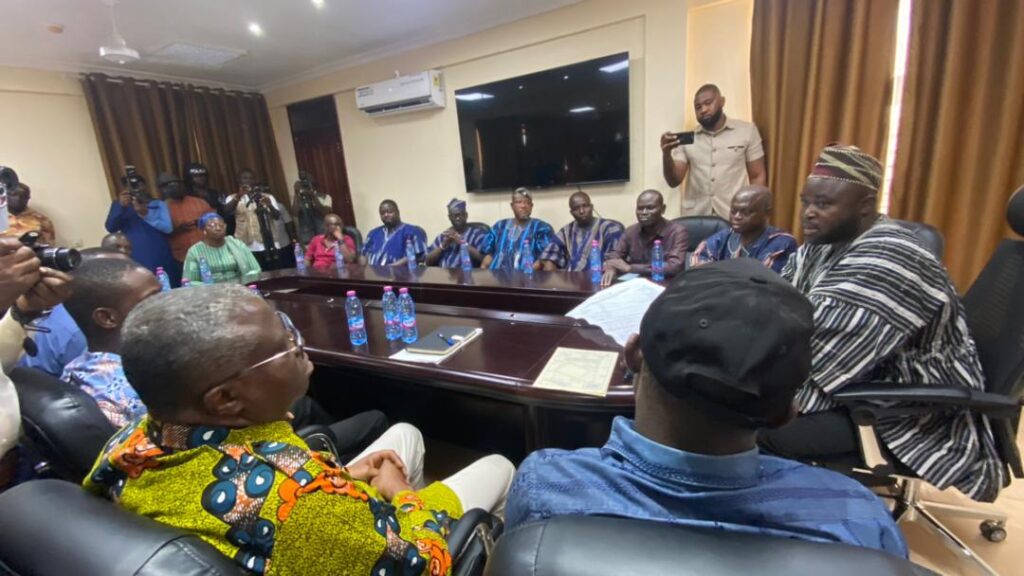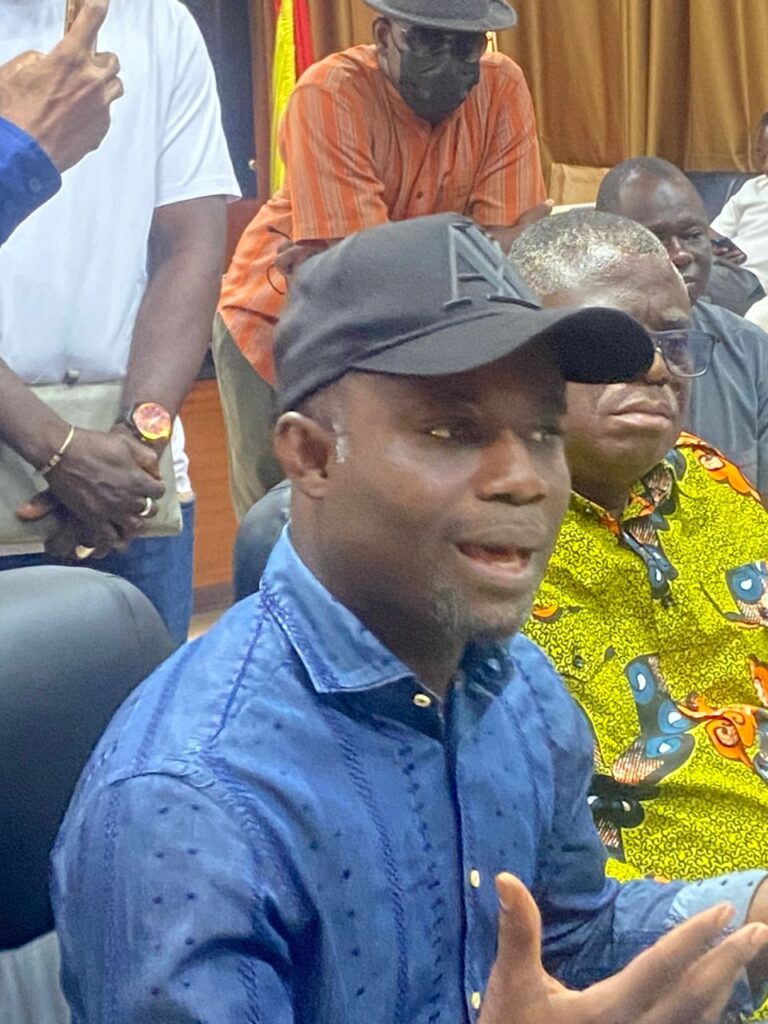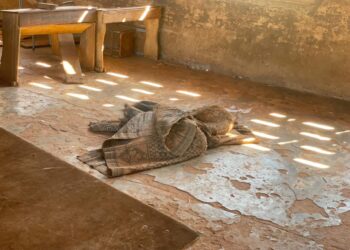The Minister for Health, Hon. Kwabena Mintah Akandoh, has issued a strong caution against the growing practice of demanding compensation for lands allocated for public health projects, describing it as an emerging “cartel” that threatens national development.

Speaking at a high-level meeting with the Savannah Regional Minister, MMDCEs, and key stakeholders in Damongo, the Minister stressed that the government will no longer commence any health-related construction without full assurance of free, secured, and well-documented lands.
Hon. Akandoh revealed that government is preparing to build six new regional hospitals in the six newly created regions. Currently, Ghana has ten regional hospitals corresponding to the ten old regions. As part of the 2026 national budget, funding has been secured to begin construction on three of the six, with Savannah Region officially selected as one of the first beneficiaries.

The Minister said the early-ground verification process is necessary due to a disturbing trend at the Ministry: “Our forefathers gave land freely for health facilities, but today, people are demanding compensations. It has become a cartel. Our accounts are even being garnished. We must secure suitable land with proper documentation before any project begins.”
He commended the Savannah Regional Minister for taking proactive steps to secure land before the Ministry’s arrival.
The planned hospitals are part of a broader national agenda that includes developing medical tourism, as promised in the 2024 manifesto. Hon. Akandoh said the President’s vision is to make Ghana a destination where people “come into the country to seek medical attention rather than travelling abroad.”
Beyond land issues, the Minister also addressed the uneven distribution of medical professionals. He disclosed that although more than 700 doctors were deployed this year, almost 50% of Ghana’s doctors remain concentrated in Accra, creating significant rural-urban disparities.
He urged MMDCEs and community leaders to support retention efforts by
Providing accommodation for doctors, Offering vehicles or local incentives and Create motivating working conditions.
He emphasized that such support could help make rural postings attractive:
“I want to see a day when doctors will lobby to serve in rural districts because of good incentives.”
Government is also considering additional incentives such as:
Salary increments for rural postings, Minimum years of rural service before entry into specialist colleges.
The Minister concluded by affirming the government’s commitment to fairness and national equity: “This part of the country also deserves better. We must stand by these decisions to ensure equitable health care for all.”
Source: Padfm.com.gh/Kumatey Gorden/0243531604

















